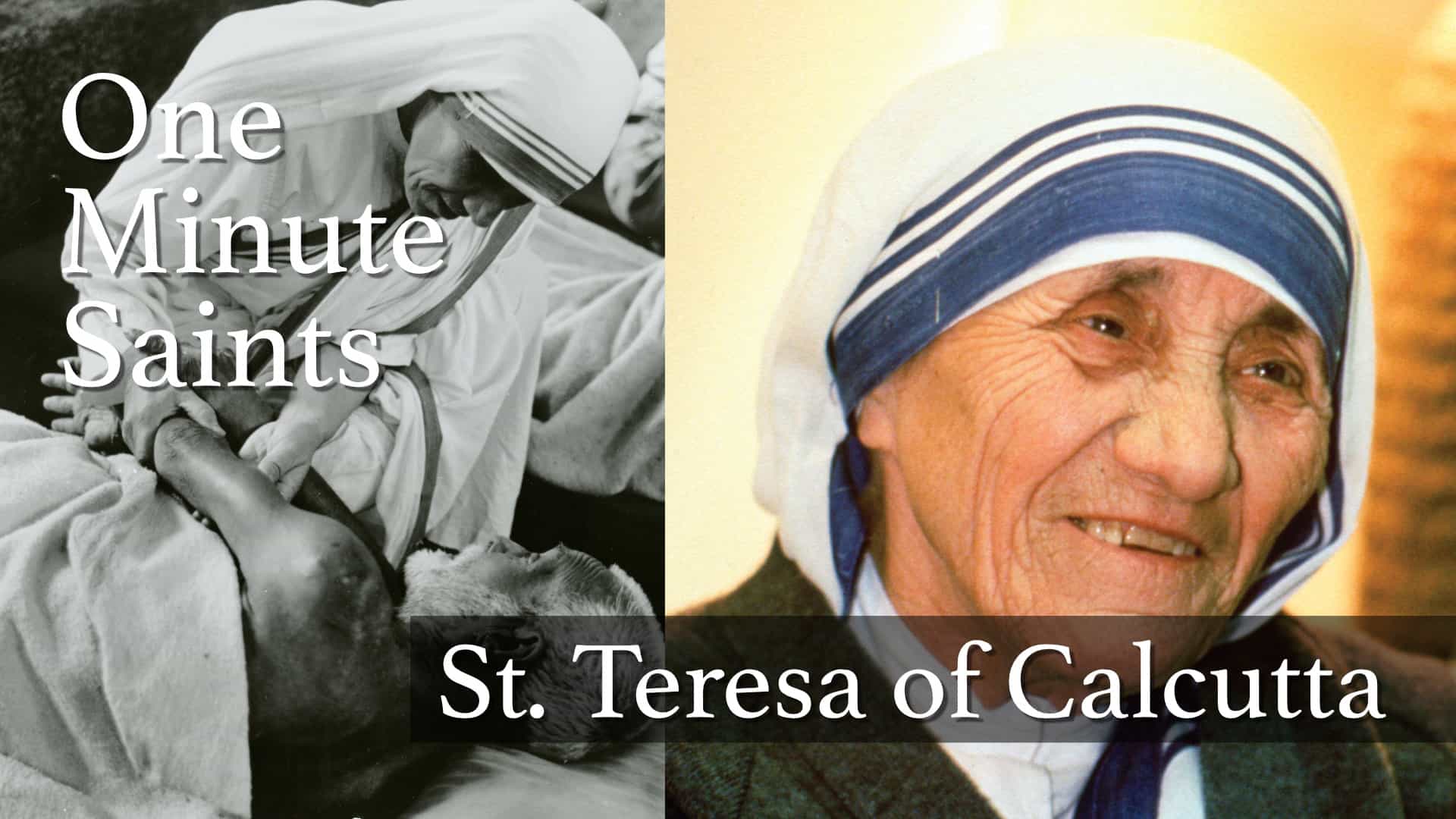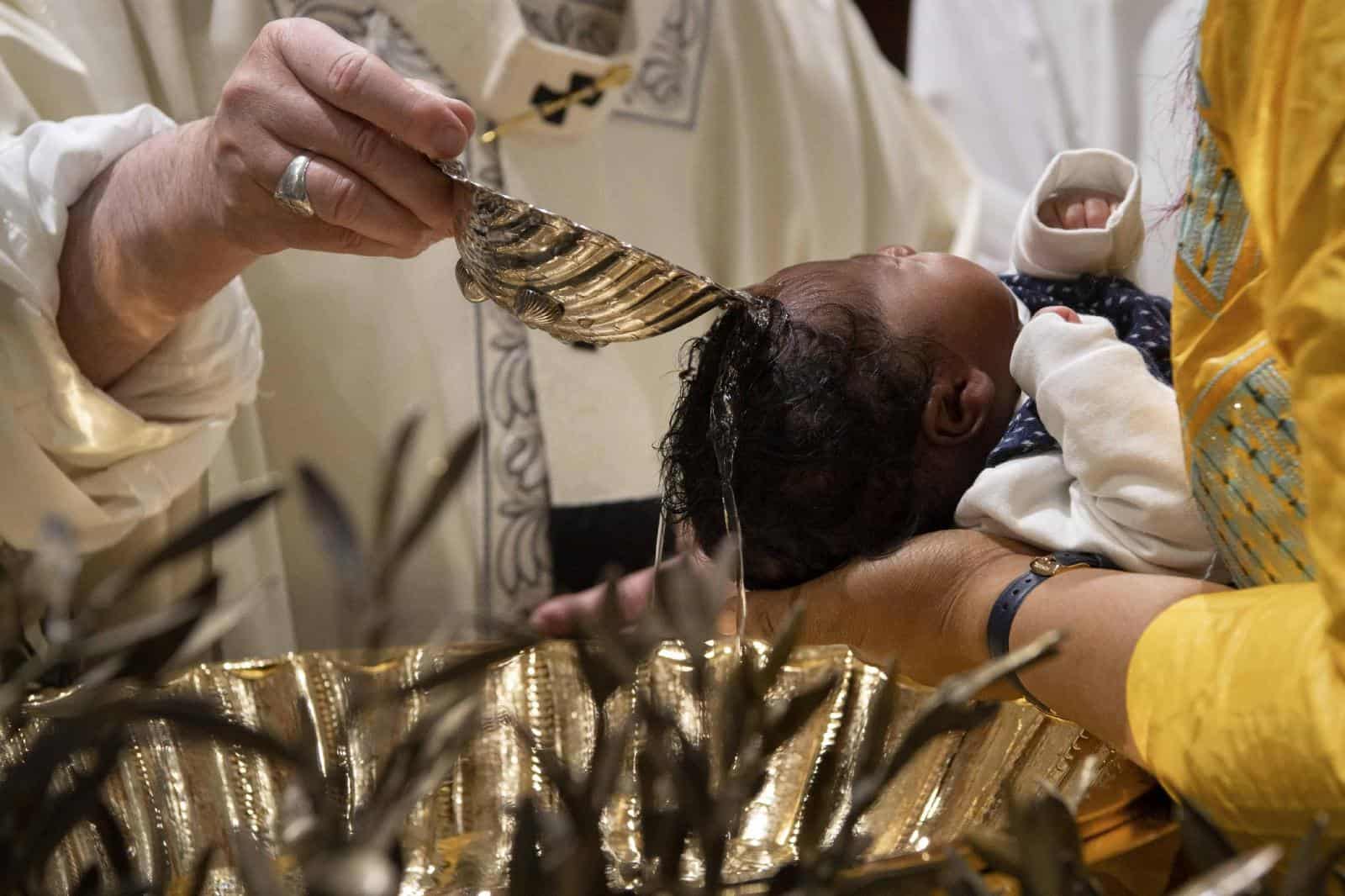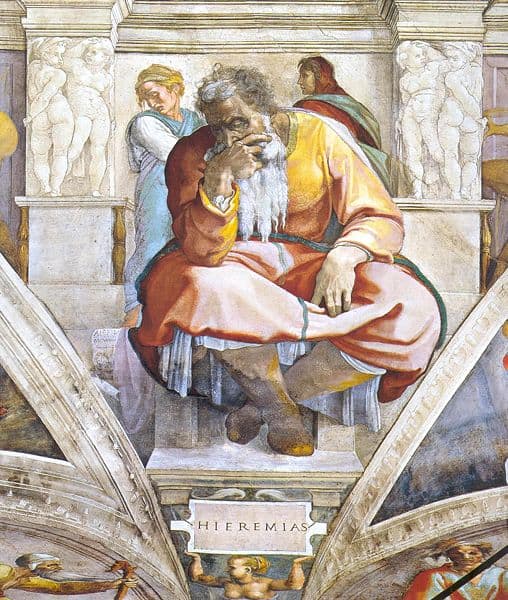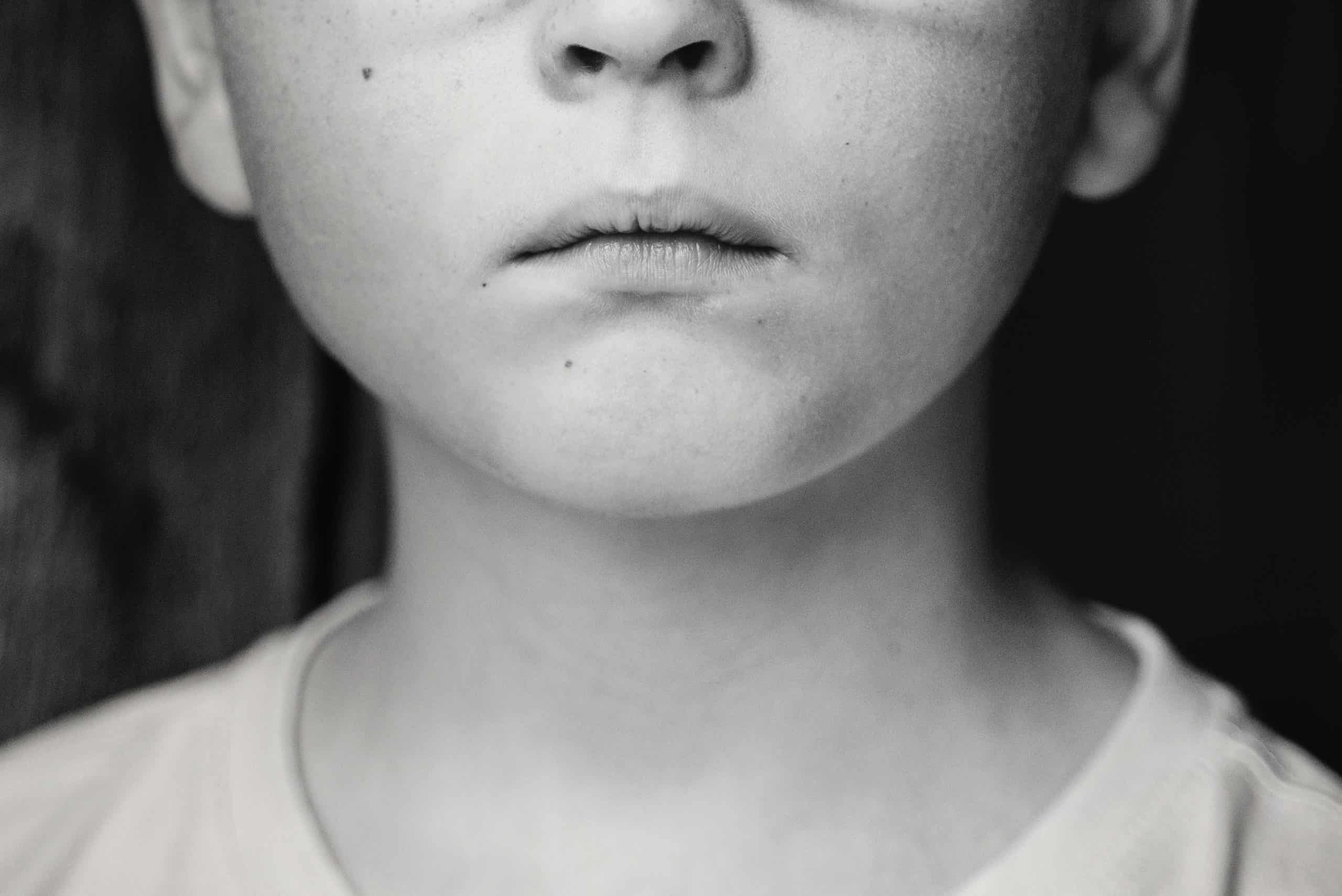Spoiler Alert! Lent will come to an end. Angelo Canta, S.J. reflects on how the Laetare Sunday reminds us that sin doesn’t have the last word, salvation does.
Praying with the Pope: Caring for the Mental Health of Farm Workers
As the Church prays this November for those struggling with mental health, Daniel Mascarenhas, SJ draws attention to an often unseen group: slaughterhouse workers. In this reflection, he links compassion for animals with care for the human souls bearing the trauma of the meat industry.
Coming Soon: Season 9 of The Jesuit Border Podcast
Season 9 of The Jesuit Border Podcast is launching next week. The team has seen a lot of changes on the border and across the country since our last season ended in April. Listen to today’s teaser for a glimpse into the lives of Victoria and Lian who share their stories.
The Spiritual Foundation of a Lasting Ecological Conversion
How do the Spiritual Exercises speak to an ecological crisis? In this Season of Creation, Daniel Mascarenhas, SJ proposes an “Ecological First Principle and Foundation” to ground a lasting ecological conversion.
St. Mother Teresa: A Saint for the Poorest of the Poor | One-Minute Saints
St. Mother Teresa is a saint of our own time, showing the world what it truly means to see and love Christ through the poor and marginalized. Brian Strassburger, SJ, reflects on the life and legacy of Mother Teresa on her Feast Day. https://youtu.be/donHmgrZNQI “If...
Catholic 101: Planning a Catholic Baptism
You’re having a baby! Congratulations! We’re here to help you answer a few questions about Catholic baptism. How do I plan a baptism? How do I choose godparents? What happens during a baptism?
What the Prophetic Words of Jeremiah Call Us to Today
America first! Black Lives Matter! Law and order. Structures of oppression. Amid the turmoil of our world today, the words of the great Old Testament prophet Jeremiah continue to speak to us. What does he call us to today?
My World May Be Small, but the World Is Still Huge
Eric Immel, SJ, writes: “I spent more time in my room these past nearly six months that I had the previous, say, four years combined. The same is true for the number of times I’ve washed my hands. I’ve high-fived less people in the past nearly six months than was typical for me in a day pre-COVID, and I cannot count the number of times I’ve wanted to yell at people for getting too close to me, which I don’t think I’d ever thought to do before in my life.” Eric takes us on journey of a small world that opens up to something larger than previously thought.
Chadwick Boseman Forever
Black Panther fans around the world were saddened to learn of the death of 43-year-old actor Chadwick Boseman last week. He played in several iconic roles, and in each of these films Boseman portrayed a dignity that he carried with him offscreen.
America, How Are the Children?
With the racism and violence in our country, the kids are not alright.






